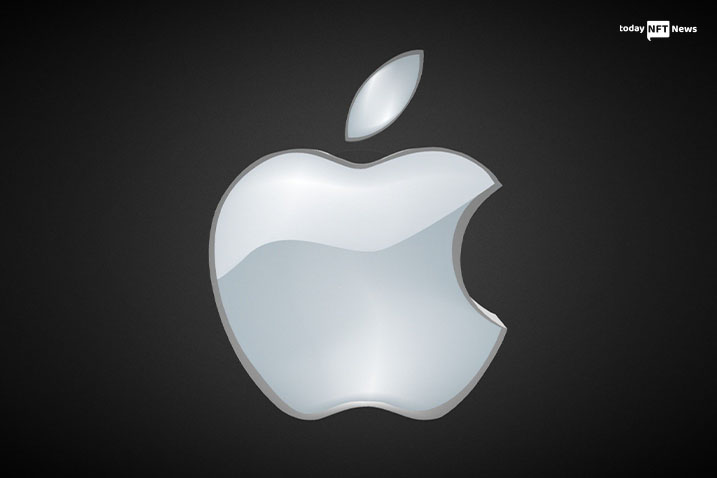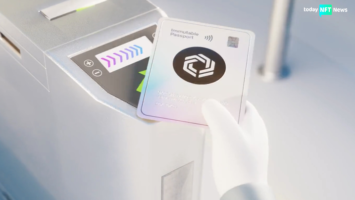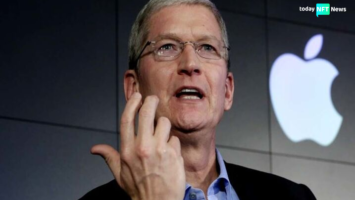SNEAK PEEK
- A U.S. federal appeals court has alleged Apple of violating California’s competition law.
- The ruling belongs to a re-evaluation of a lawsuit filed in 2020 by Epic Games.
- Developers can direct app users to their personal systems unless Apple appeals the decision to be reversed.
A California court ruled that Apple went against state competition laws by forbidding app developers from utilizing substitute in-app payment methods other than its own, including a 30% commission.
The move may clear the way for NFT and crypto projects in terms of including increased functionality in their iOS applications.
The United States Court of Appeals made the ruling on April 24 for the Ninth Circuit in the Apple vs. Epic Games case.
Upholding the 2021 decision of a lower court, the court mentioned that the anti-steering provision of Apple caused a negative impact on Epic.
The anti-steering provision refers to one of Apple’s policies that states that iOS developers can’t communicate out-of-app payment techniques via specific procedures such as in-app links.
The court wrote that owing to the policy, there was an increase in the costs of Epic’s subsidiaries’ apps that are on Apple’s App Store. Also, other app users were prohibited from becoming future consumers of Epic Games.
On April 24, founder and chief executive of Epic Games Tim Sweeney tweeted that the ruling has freed iOS developers since it has allowed them to direct consumers to other payment methods.
Fortunately, the court’s positive decision rejecting Apple’s anti-steering provisions frees iOS developers to send consumers to the web to do business with them directly there. We’re working on next steps.
— Tim Sweeney (@TimSweeneyEpic) April 24, 2023
No doubt the court has favored Apple in various concerns, but the company failed to argue that the anti-steering provisions should not be imposed on Epic Games since it terminated the iOS developer account of Epic Games in August 2020.
According to the court, Epic Games would have made extra money upon implementing the competitor-suit “tethering test” as well as the consumer-suit “balancing test.” The court also found that the anti-steering provision is unfair in accordance with both tests.
Apple’s anti-steering violation was viewed by the court from a second angle to rule that consumers would have gone directly to Epic Games if they were aware about its extremely lower commission rate of 12% in comparison to Apple’s 30% rate.
If consumers can know about the lower app prices that are a result of developers’ lower costs as well as have the efficiency to substitute the platform with such lower prices, they will surely do so, which will boost the revenue of the Epic Games Store.
If Apple doesn’t appeal the court’s decision, a case law precedent would be set, which will be beneficial for NFT and crypto app creators, as they won’t be liable for the hefty 30% tax of Apple.
Uniswap is the latest crypto project to enter the App Store, even though Apple withheld its release in March.
The European Union set new anti-monopolistic norms two months ago, and Apple was required to allow third-party app stores on its devices; thereby, enabling consumers to avoid Apple’s 30% commissions.
In December, Apple interrupted NFT transactions that were sent on the self-custody wallet of Coinbase and claimed to be entitled to receive a 30% gas fee via in-app purchases.









